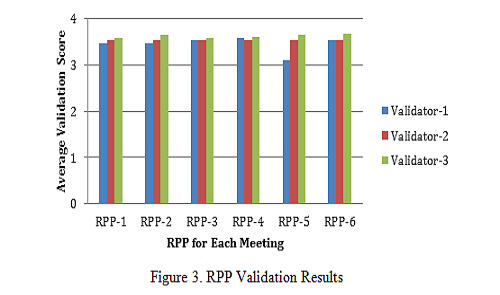Development of Mathematic Learning Devices using Discovery Learning Models with Riau Cultural Context to Improve Students 'Mathematic Problems Understanding and Solving Ability
DOI:
https://doi.org/10.31258/jes.5.1.p.11-22Keywords:
Discovery Learning, Riau Culture, Mathematical Comprehension Ability, Mathematical Problem Solving AbilityAbstract
This research was motivated by the low Mathematical Comprehension Ability (KPM) and Mathematical Problem Solving Ability (KPMM) of students and the absence of learning tools that can properly solve the problem of low KPM and KPMM. The products that is produced from this research are syllabus, lesson plans, and LKPD using discovery learning models with the context of Riau culture to improve students' KPM and KPMM. The development model used the Borg and Gall model. The validity instrument was in the form of a validation sheet for the syllabus, lesson plans, and student worksheet. Practicality instrument was used in the form of student response questionnaire. The data collection technique was carried out by validating learning devices and distributing response questionnaires to students. The data analysis technique used the analysis of validity and analysis of practicality. The average validation of the syllabus was 3.7; RPP, namely 3.54; and LKPD namely 3.51 with each category very valid. The average student response questionnaire in the initial field trial was 88.57 with the very practical category. The learning tools developed have been valid and practical to improve students' KPM and KPMM.
Downloads

Downloads
Published
Issue
Section
License

This work is licensed under a Creative Commons Attribution-NonCommercial-ShareAlike 4.0 International License.











